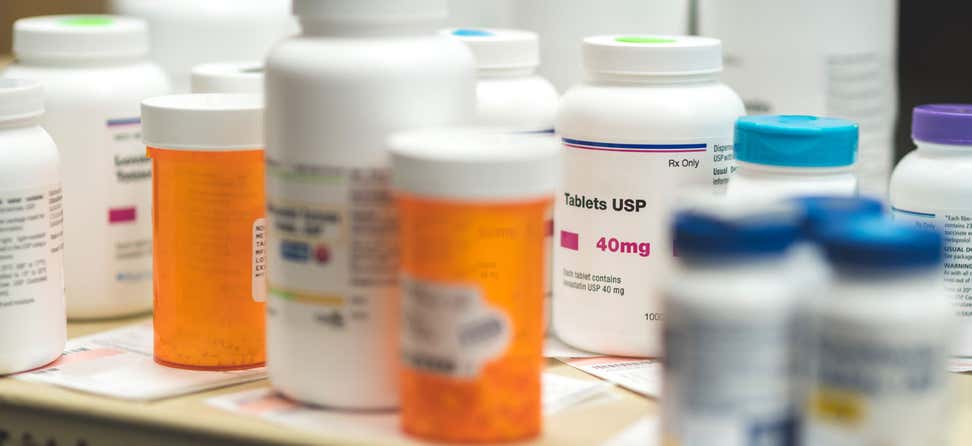Key Takeaways
Read NCOA's 2019 issue brief detailing the rationale for additional, permanent funding for Medicare low-income outreach and enrollment efforts originally authorized under the 2008 MIPPA.
Federal outreach and enrollment efforts enable many low-income seniors to access assistance for prescription drug coverage and other essential health programs for which they are eligible.
Our nation's most vulnerable, low-income Medicare beneficiaries need help in affording rising health care costs, but, in many cases, are not getting that assistance.
Low-income seniors and people with disabilities living on fixed incomes are often forced to make difficult trade-offs—cutting back on necessary medications and doctor visits in order to afford basic living necessities—to the detriment of their health and well-being.
These seniors and people with disabilities on Medicare generally have annual incomes below $18,735 and non-housing assets of less than $12,890. They need help in affording rising health care costs, but, in many cases, are not getting that needed assistance.
This NCOA issue brief outlines the rationale for additional, permanent funding for Medicare low-income outreach and enrollment efforts originally authorized under the 2008 Medicare Improvements for Patients and Providers Act (MIPPA), and how improving enrollment is critical in making prescription drugs more affordable for Medicare beneficiaries in need.










